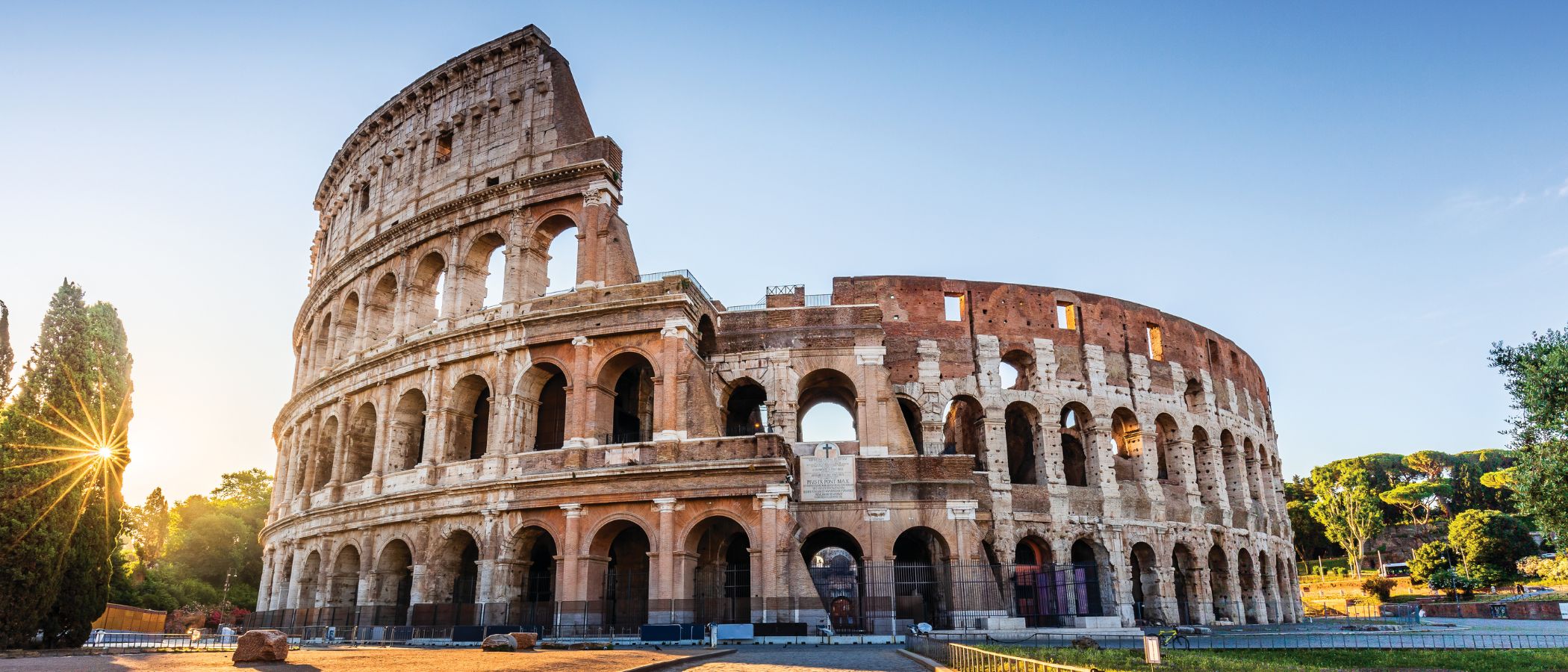Cities in Dust: Uncovering Daily Life in Ancient Roman Pompeii
Course Overview

This class introduces students to the methods that archaeologists and historians use to study the ancient world by looking at the Roman cities of Pompeii and Herculaneum. Buried by the eruption of Mount Vesuvius in AD 79, the two cities have provided an invaluable window into daily life in the early Roman Empire.
Students will look at everything from graffiti to fine artwork, homes within and outside the city walls, and the ways in archaeological and textual evidence can be used together.
Course Objectives
As part of their introduction to the field of classical studies, students will learn to synthesize different types of data to form broader critical thinking-based arguments, as well as how to present these arguments through writing and public presentation.
Students will also acquire a basic knowledge of life in the Roman Empire, with an emphasis on the variety of backgrounds, beliefs and lifestyles present in the Roman Empire, which will help develop a better understanding of the variety of perspectives in any society, historical or modern.
Course Information
- Credit:
- Noncredit
- Grading:
- Satisfactory/Unsatisfactory
- Categories:
- Humanities and Social Science
Program Information
- Pre-College Program
The Emory Pre-College Program offers students an opportunity to experience many aspects of college life.
Course Dates and Details
| Program | Course Dates | Class Time | Format | Status |
|---|---|---|---|---|
| Pre-College Program | Session B: Sun, Jun 29 - Sat, Jul 12, 2025 |
| on-campus | open |